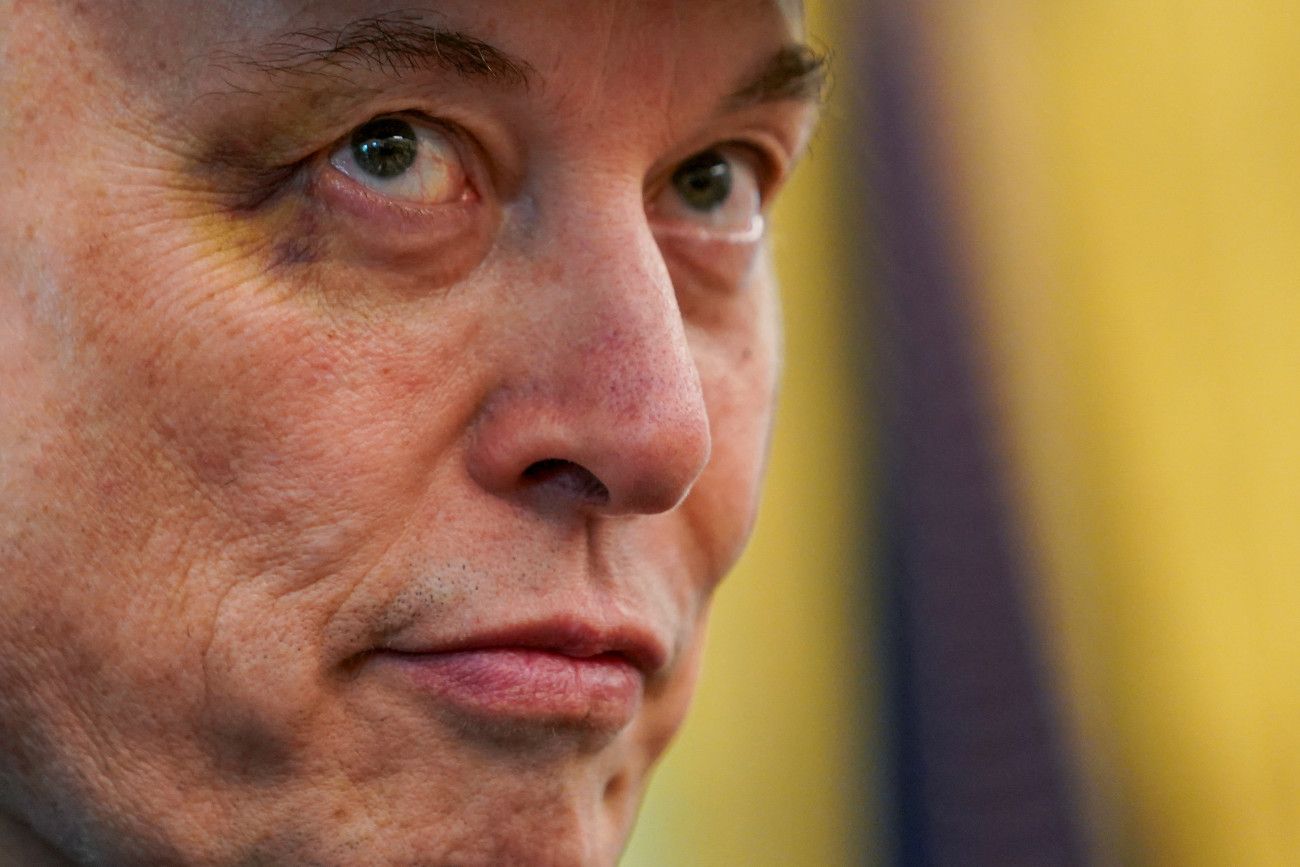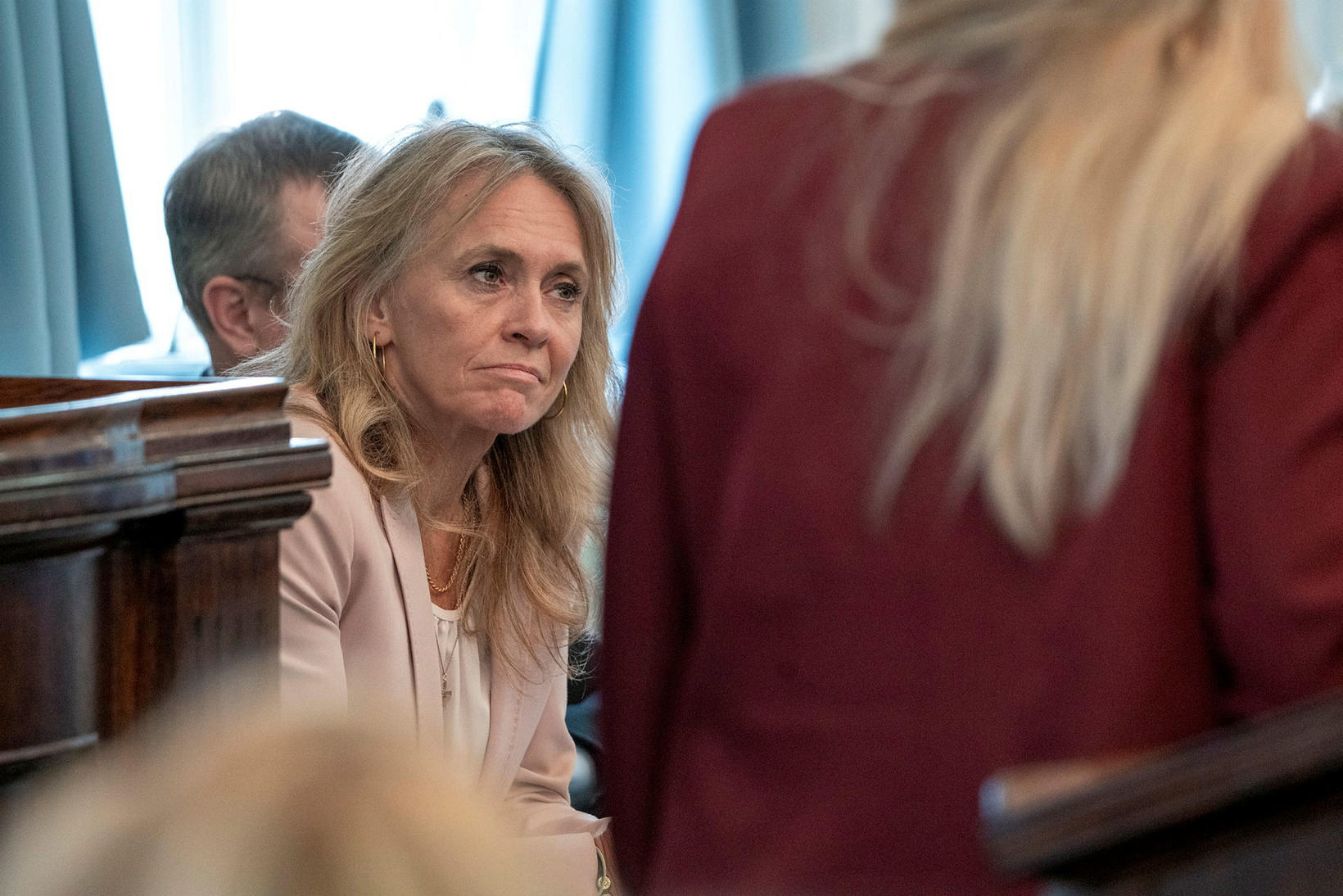« The willingness to defense is lower in women and left -wing voters »

Since Trump is swearing in as US president, it is clear that Europe can no longer count on the support of the United States on important security policy issues. In order to maintain support for Ukraine and the defense against Russia, NATO and Sweden must prepare to act on their own.
But is our defense will enough for that? Although the willingness to defense in Sweden can be described as relatively good, and although today there is strong support for the NATO membership, the opinion on these issues is characterized by significant gaps.
In the research project « Open Society » (which receives support from the Swedish Agency for Psychological Defense and the Swedish Research Council), we, in collaboration with the SOM Institute at the University of Gothenburg, have asked several questions in the latest SOM survey as Now published. The questions are about the willingness to defense in relation to the Swedish total defense, and our NATO membership.
First it should be said That defense willingness is particularly difficult to measure. How respondents responds can depend on how questions are formulated, and to understand how citizens would react if Sweden was really attacked, more than survey surveys are needed as a basis. The war in Ukraine also shows how the willingness to defense can change quickly.
But if you ask a direct and simple question in Sweden in the same way that has been done in a recurring survey conducted by Gallup International, then you can get a better idea of developments over time and how the will of defense differs between countries.
When asked « If there were war involved Sweden, would you be willing to fight for your country? », The answers indicate that the Swedish military defense will, in relation to other countries, is relatively good. Several countries with debt burden from World War II are usually low – including, Germany, Japan and Italy – while authoritarian states are often extremely high, such as Pakistan, Saudi Arabia and Afghanistan. Sweden places itself among countries such as Poland and Switzerland, which is higher than both the UK and the United States.
In the latest The SOM survey, where we repeated the issue, say 53 percent of Swedes are prepared to fight for Sweden, which is in line with previous measurements. 58 percent say they have a fairly or very positive attitude towards NATO. An overwhelming majority, 88 percent of Swedes, respond that Sweden should defend another Natoland if it is attacked. The tendency to receive help from other NATO countries, in case Sweden is attacked, is as much as 93 percent.
The willfulness to defense coses that the respondents say that they feel like part of society, that they can trust the Armed Forces, and that they feel that Sweden is exposed to « false and misleading information from foreign power ». Thus, there are a lot of what can be called psychological defense preparedness among citizens.
But we also see gaps – that are deep.
In some respects, highly educated, and generally high -income earners, have higher defense will than low -skilled and low -income earners
About half as large The proportion of women (24 percent) who men (53 percent) are prepared to provide their support for the military defense in a crisis situation, and women are significantly lower than men in support for civil defense under the same circumstances.
In some respects, highly educated, and generally high -income earners, have higher defense will than low -skilled and low -income earners. If we look at party sympathies, support for civil defense is quite evenly distributed: around 60 percent.
But support for the military defense follows a clear right-left dimension. Around 50 percent of those who state that they sympathize with the Moderates, Christian Democrats and the Swedish Democrats have high military defense will. 24 and 28 percent of those who sympathize with the Environment Party and the Left Party have a high defense will.
The pattern exists when we use other formulations about the defense as well as when it comes to the attitude to the NATO membership.
The gaps are all about differences of opinion. They have their place in a democracy. Women and men, the left and the right, have different views on their world. And it can shape perceptions about different parts of the total defense.
So it must be able to be where there is freedom of opinion. Some individuals, in particular, see the military defense as something that provokes conflicts. Others see the military defense as as necessary as the fire defense or ambulance care – if there is a threat, it requires preparedness.
But issues related to the fire defense, ambulance health care and, as here, how we believe we should defend ourselves against external enemies are also about politics and ideology. We are dealing with opinion that can split and unite. It is obvious that most of the Swedes want some kind of defense – but the opinion varies most when it comes to the view of the military defense.
Therefore, the willingness to defense and the significant gaps that exist around it must be taken into account and dealt with strategically by the politicians and authorities responsible for the total defense.
We are now In the most serious security policy situation since the Second World War. That, and how, the willingness to defense varies among citizens is what our political decision -makers and government representatives must plan for.
In the near future, Swedish peacekeeping troops may be at the front line in Ukraine. And should another Natoland be attacked by Russia, such as Poland or any of the Baltic States, in any case parts of our population must take responsibility for the armed resistance to Russia, and for the civil defense of Europe and Sweden.








